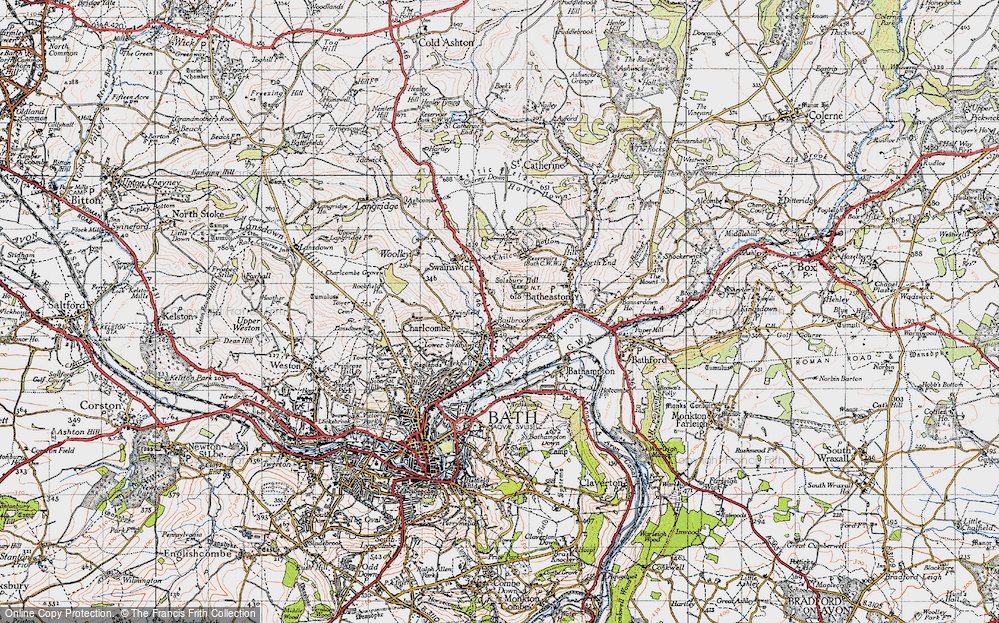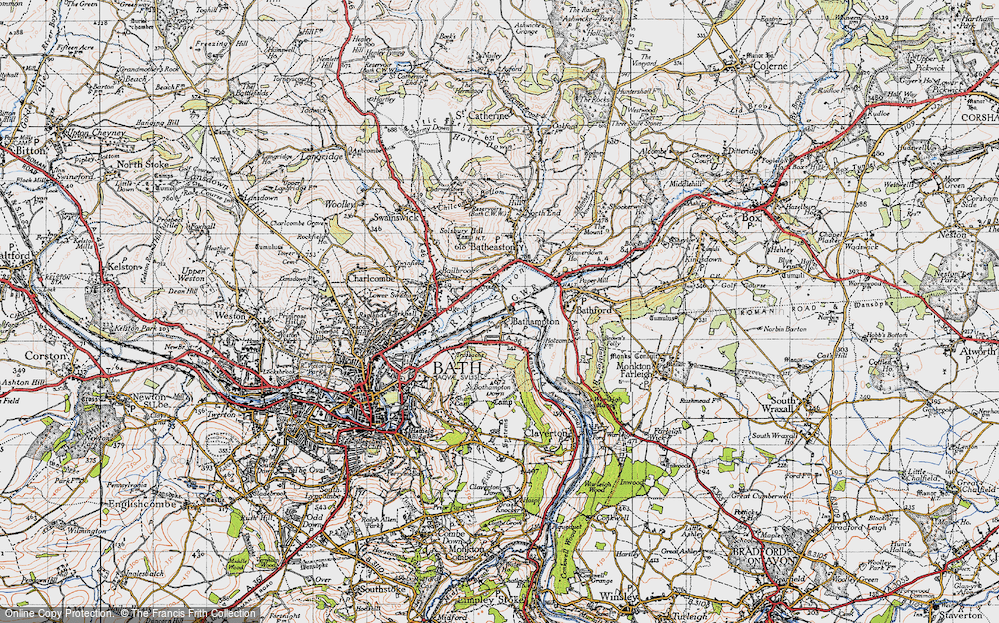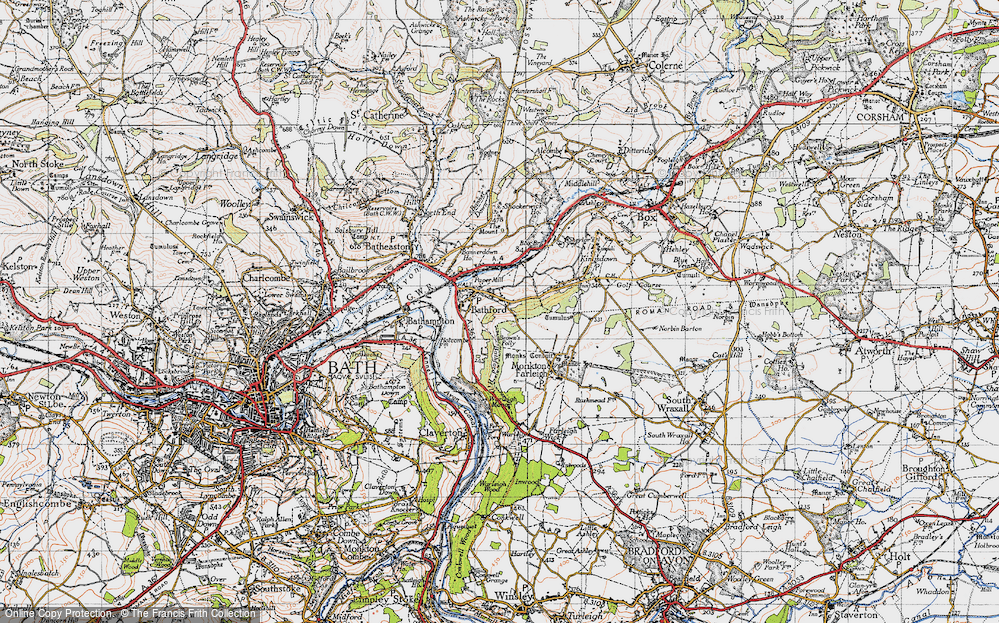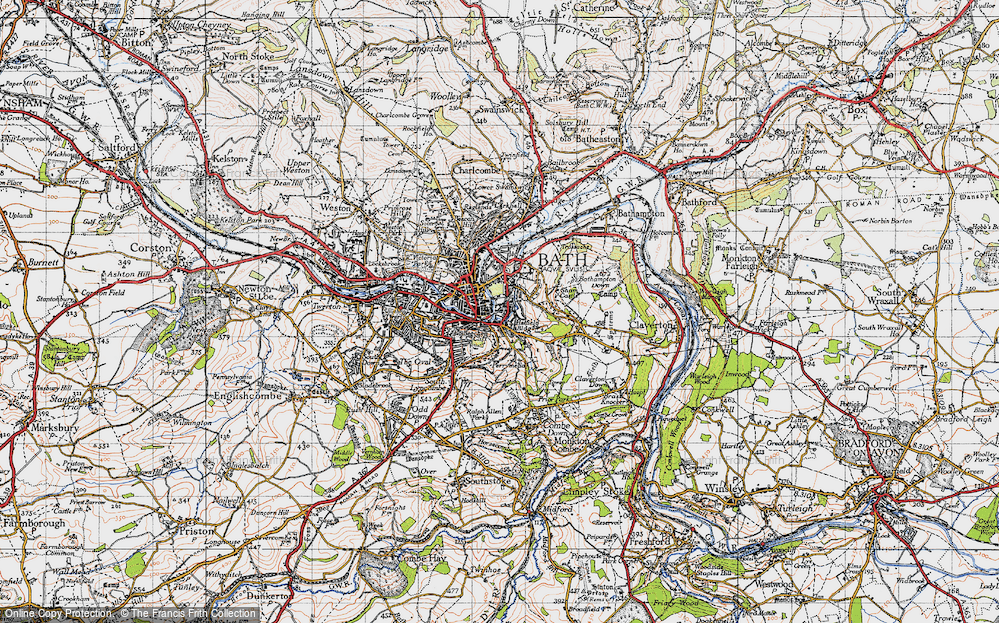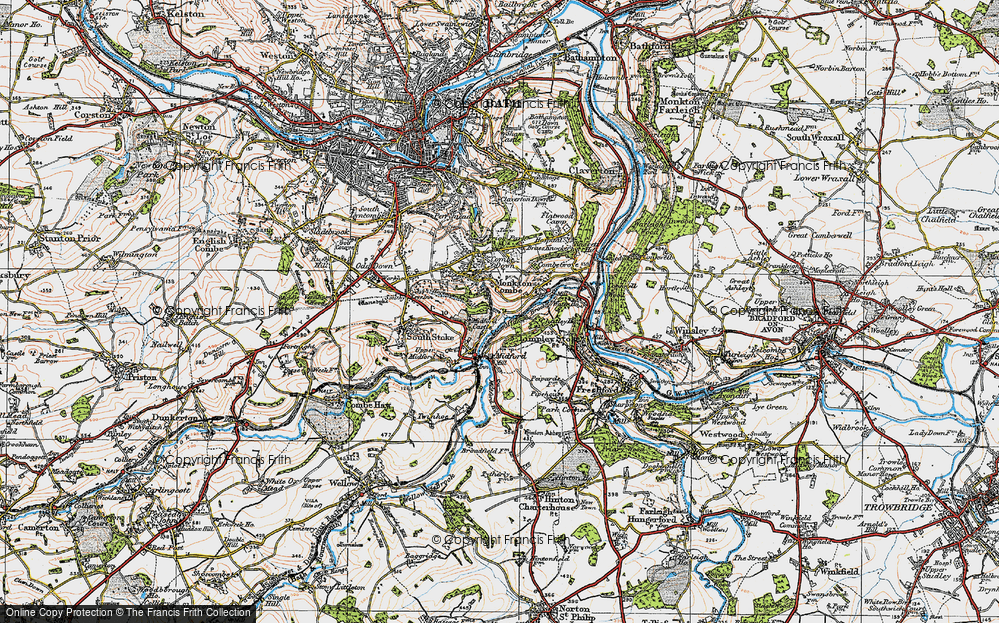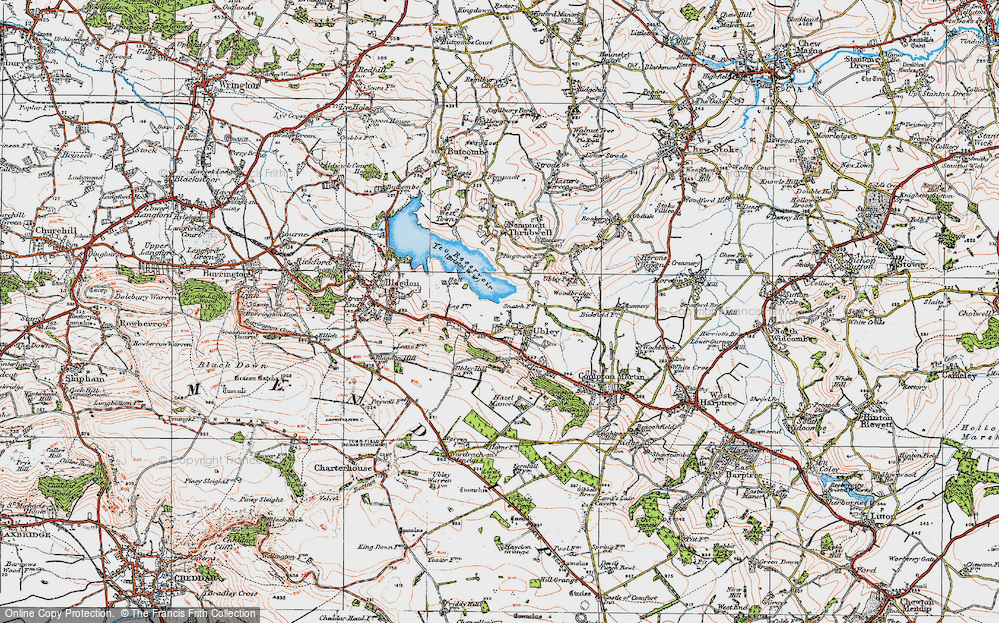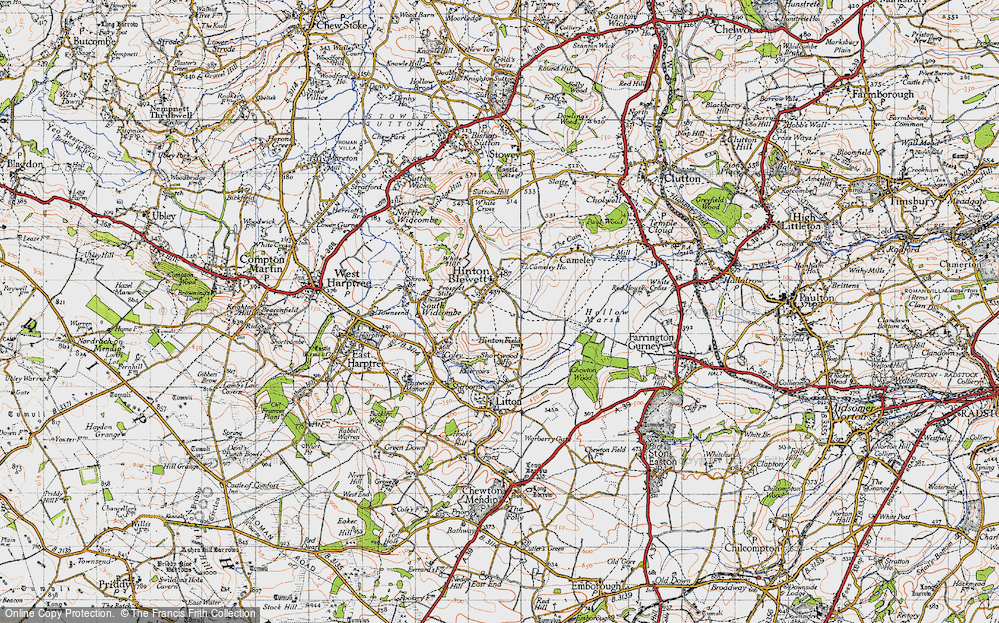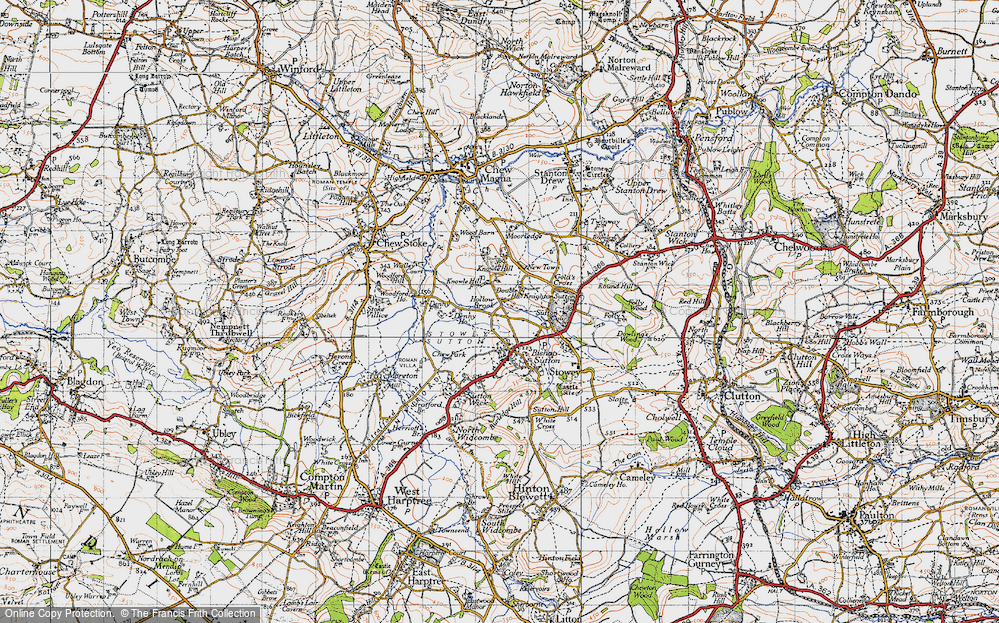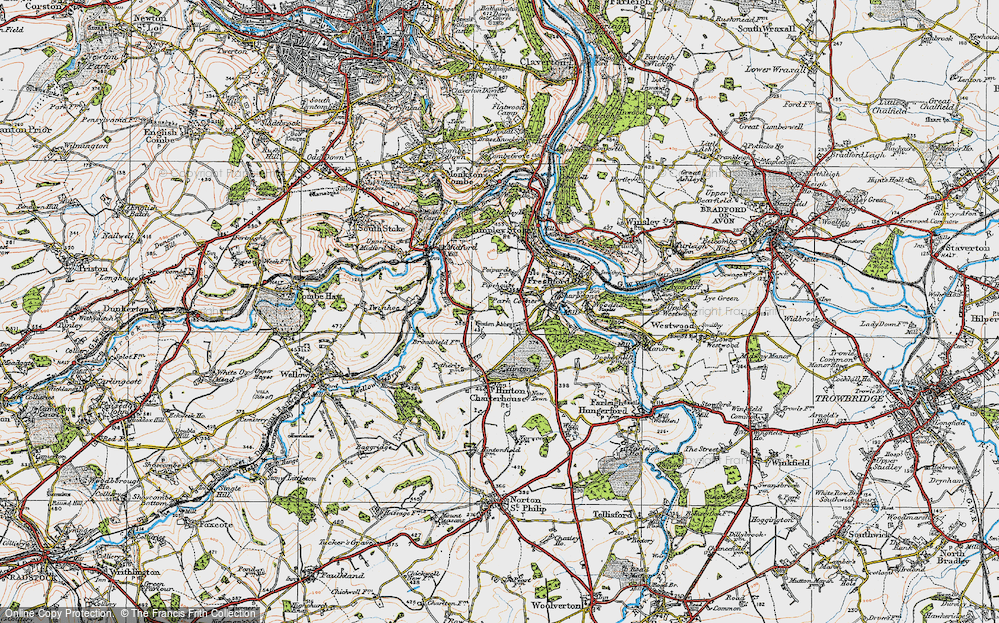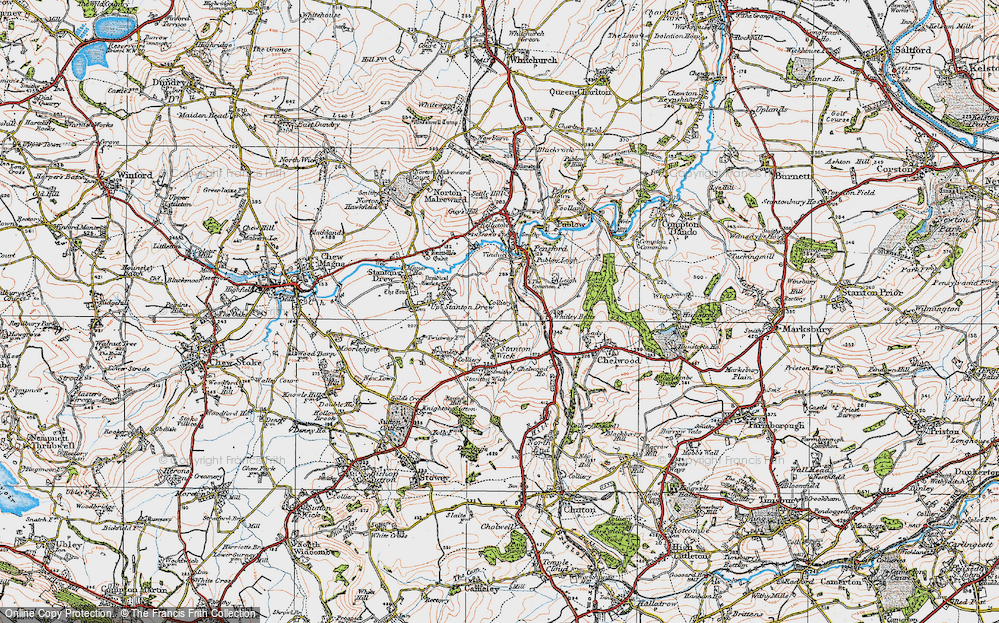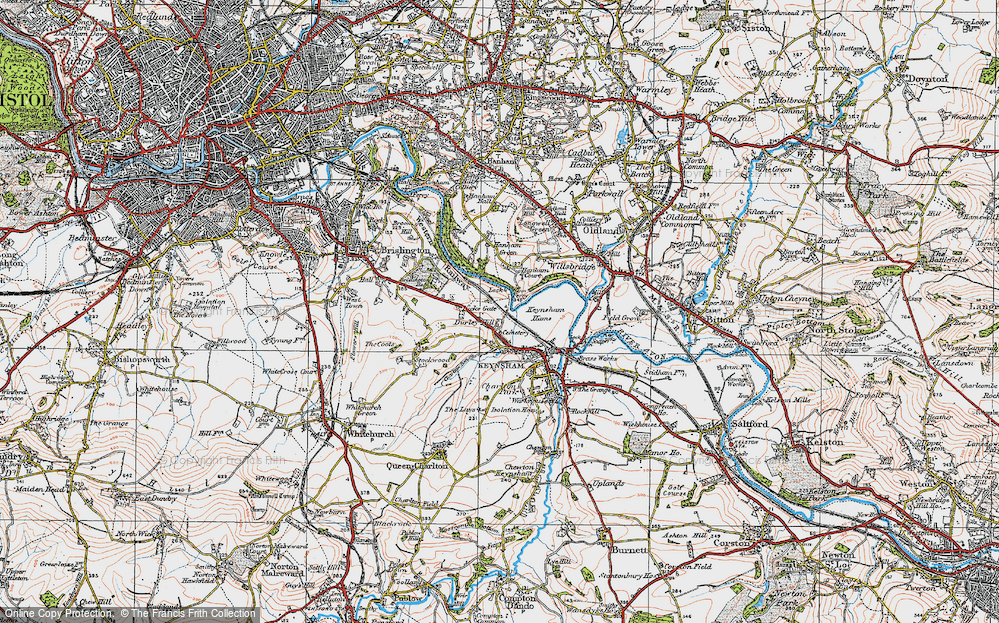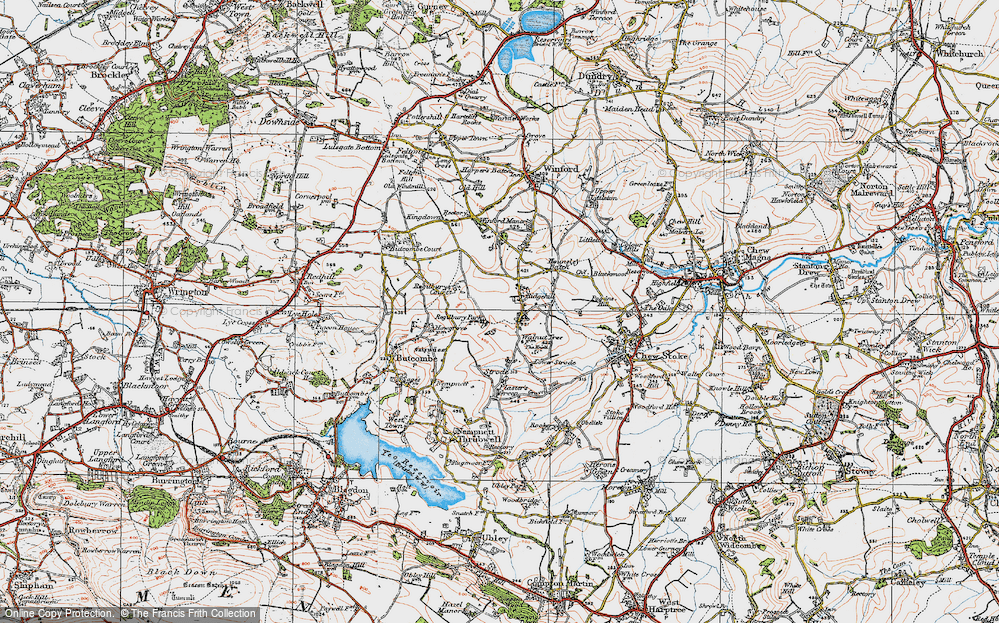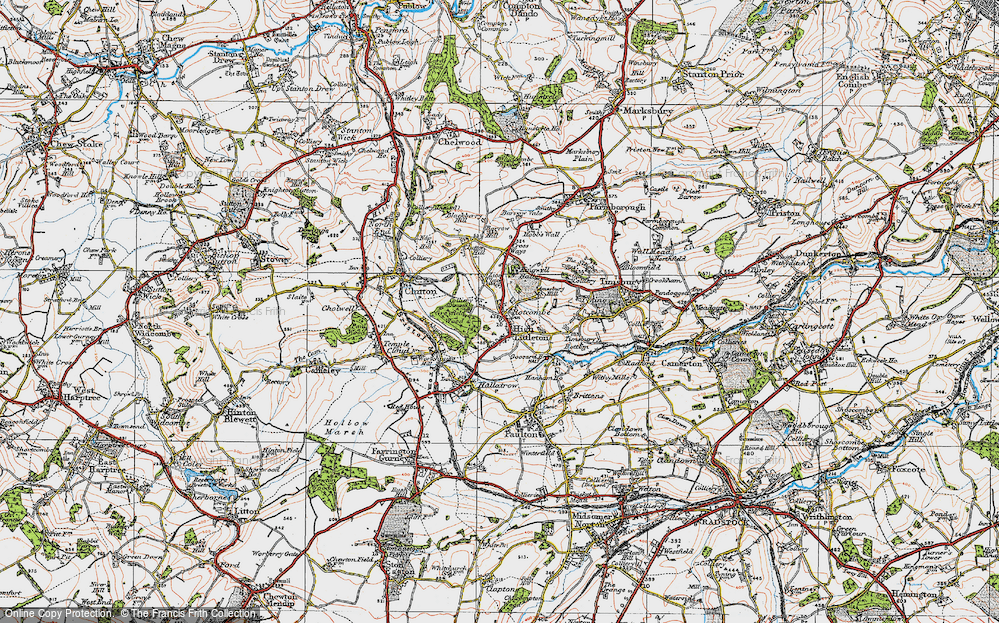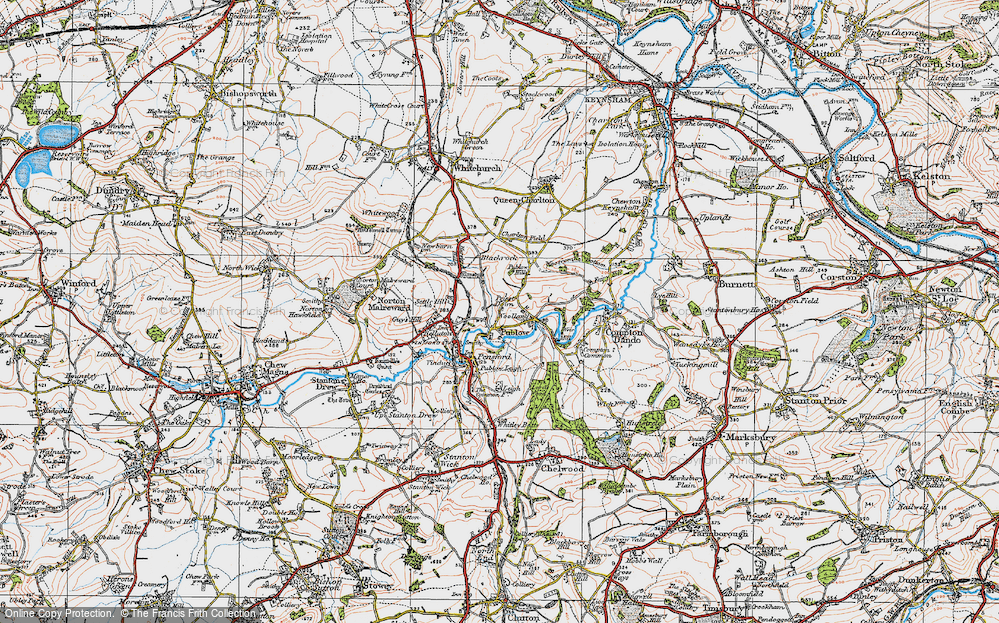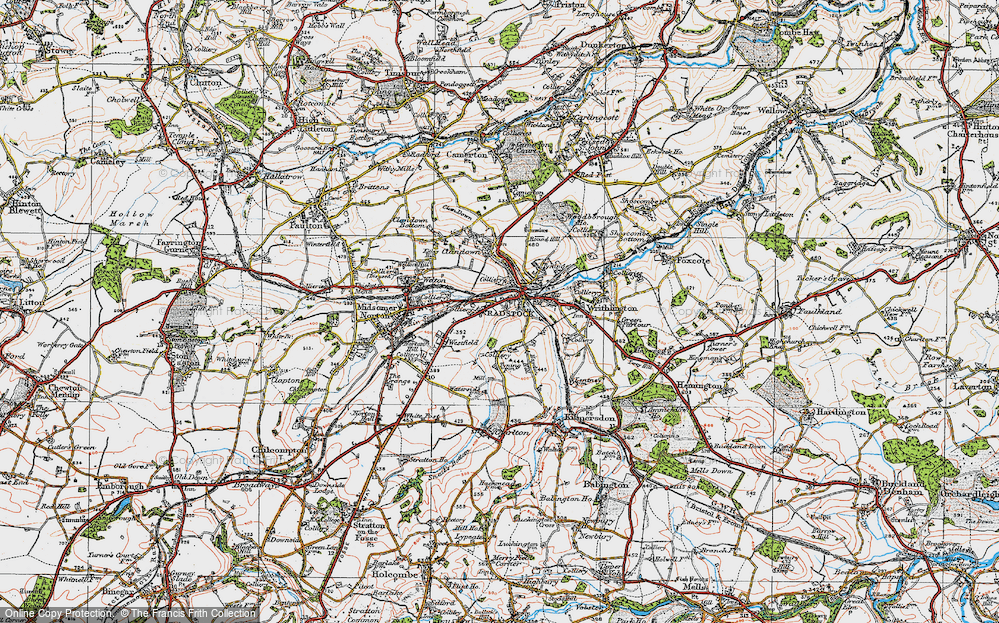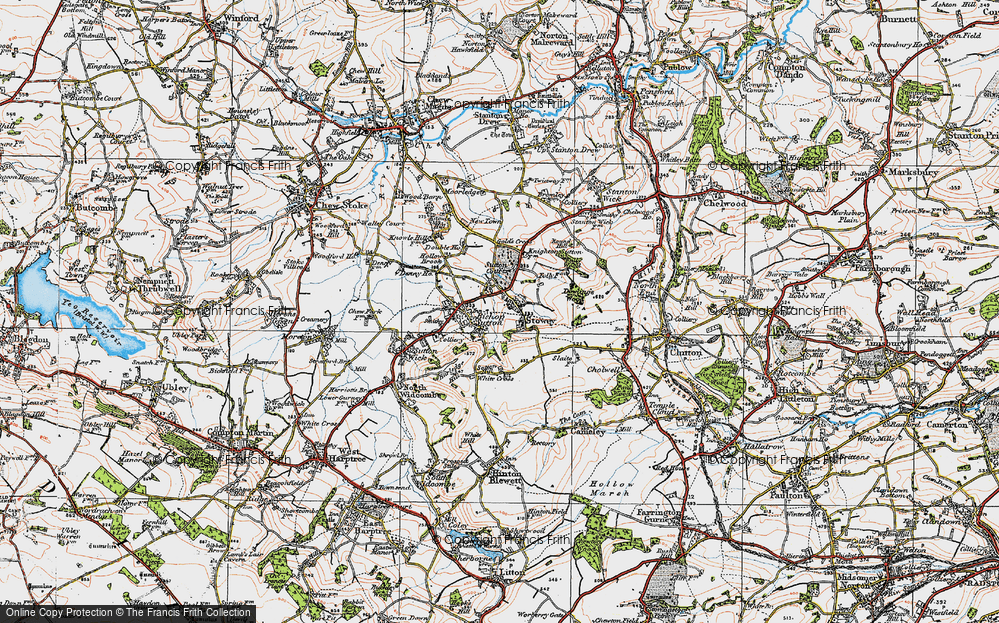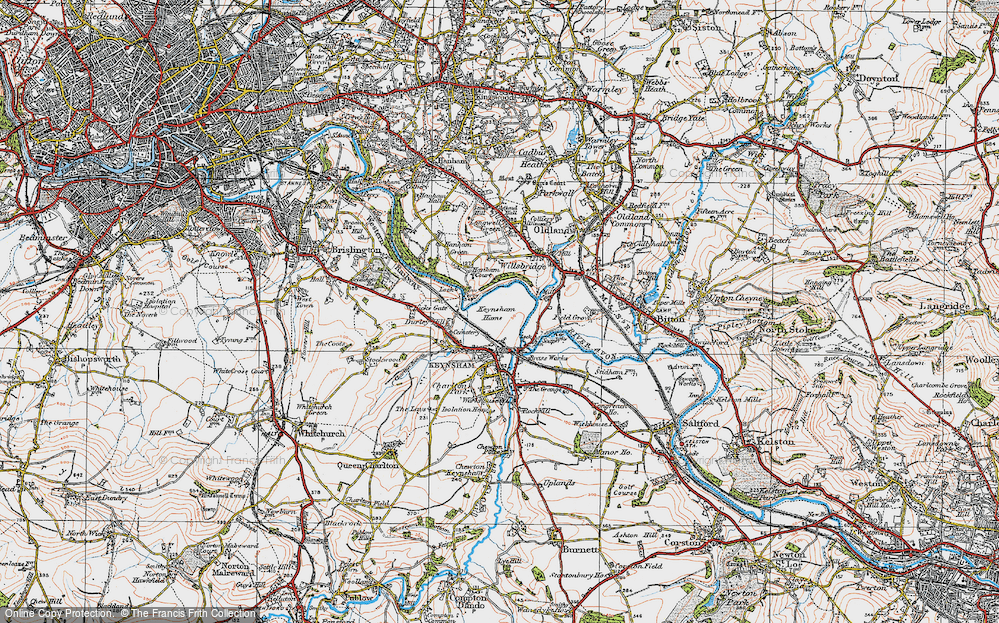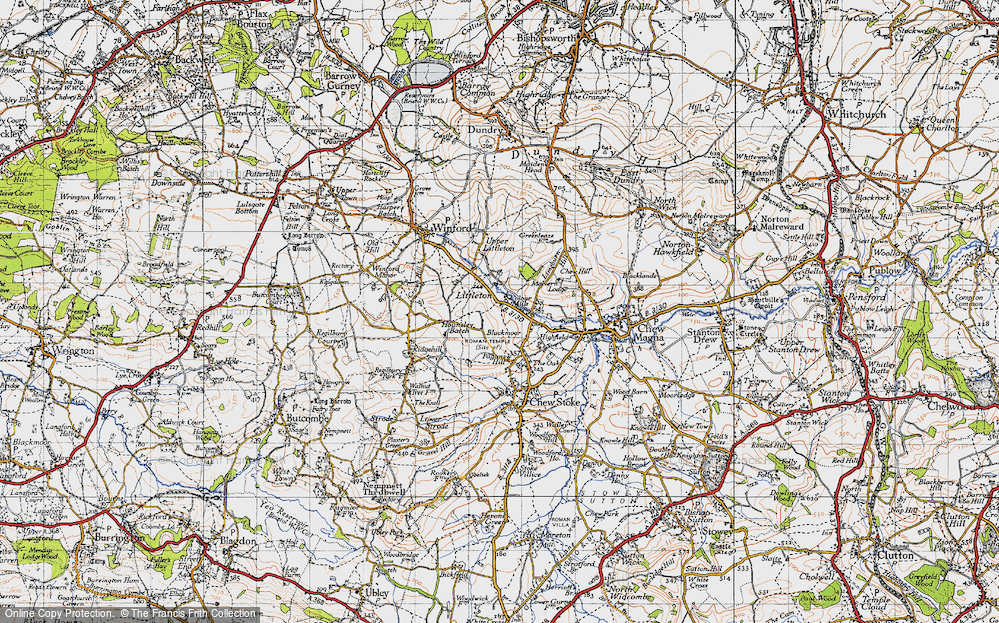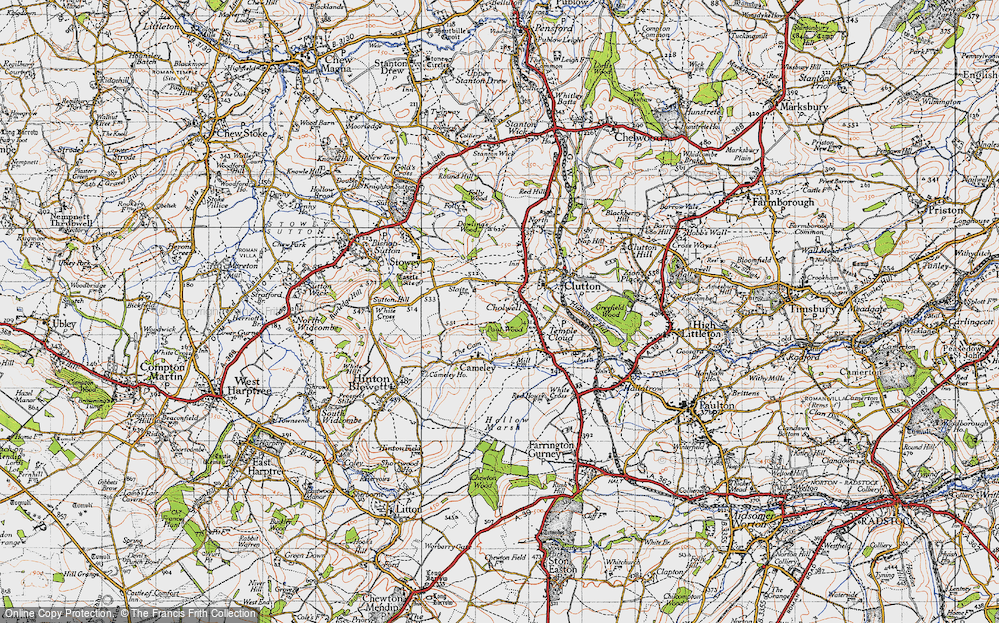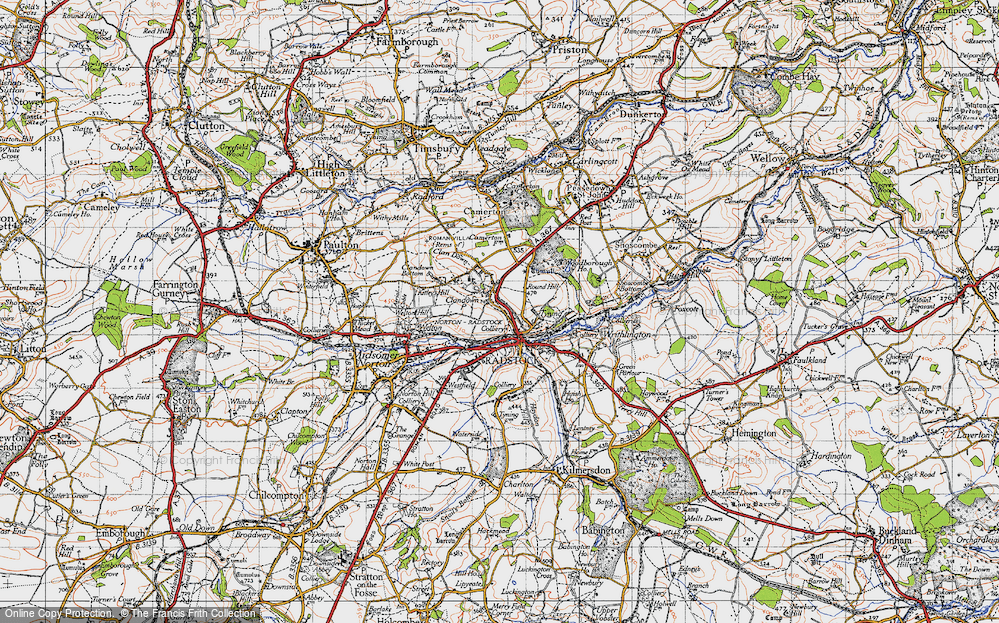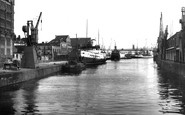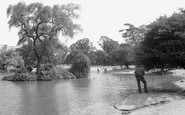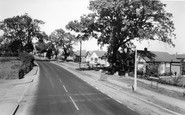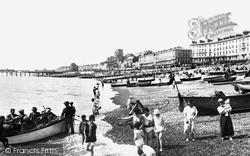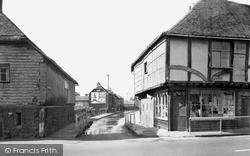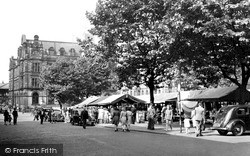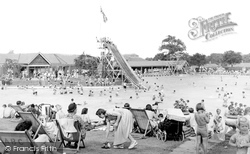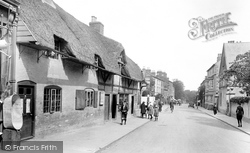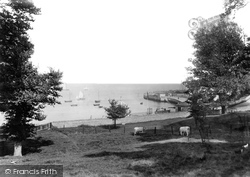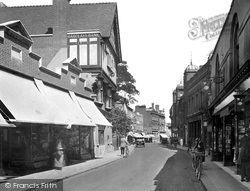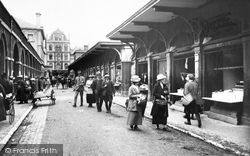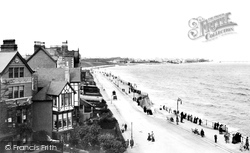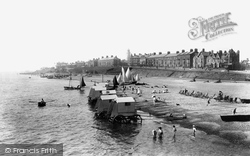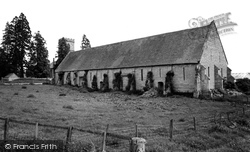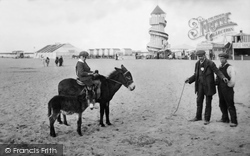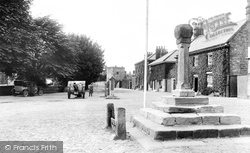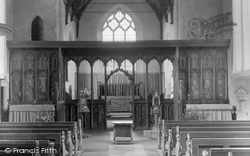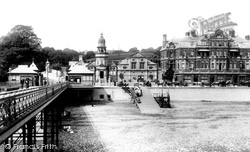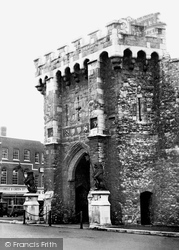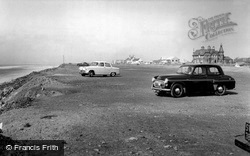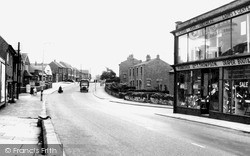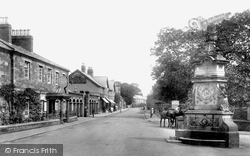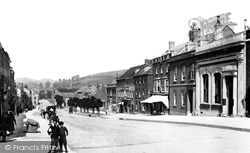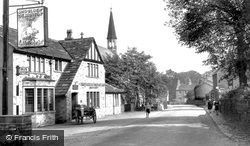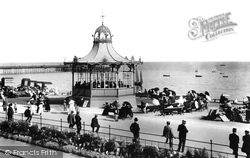Places
Sorry, no places were found that related to your search.
Photos
Sorry, no photos were found that related to your search.
Maps
1,353 maps found.
Books
3 books found. Showing results 841 to 3.
Memories
2,048 memories found. Showing results 351 to 360.
The Raf Estate
We lived on the RAF estate in Ickenham during the late 1950s, in a semi-detached house at 14 Nettleton Road. Every RAF home mirrored the next; their furnishings were also identical. You could move from Scotland to England (which we ...Read more
A memory of Ickenham in 1957 by
The Queens Bars In Cleveleys
I was a part of a double cabaret act in the 60's. My then husband and I were Ricky and Jackie Day...we both sang and played guitars. We were resident at the Queens Bars in Cleveleys for summer seasons and my son ...Read more
A memory of Blackpool in 1962 by
The Prefab Boy
The Prefab Boy thats me born in 1951's Rutherglen Spittal prefab the 50's answer to the modern day bungalow but with more ground and a host of fitted extras Cooker Fridge with Ice box Double belfast sinks that you would pay a ...Read more
A memory of Rutherglen in 1951 by
The Port Of Bristol
Bristol's great heritage started from humble beginnings. An Anglo-Saxon settlement by the name of Brigstowe steadily grew into a thriving port. After the Norman invasion of 1066, a castle was built in what is now known as ...Read more
A memory of Bristol by
The Pond And The Common And The Lido
Although we lived in Balham, many hours were spent on the common and the pond en-route to the open air swimming pool. I can remember with fondness, especially during the summer holiday, as money was ...Read more
A memory of Tooting Bec Common in 1958 by
The Police Station
My earliest memories are of Aldringham. I was born in the Police Station on Mill Hill in 1937, the youngest of three children. My father was the local policeman, P.C. James McGuire. I often wonder now how my mother managed, with ...Read more
A memory of Aldringham by
The Plough Inn, Kibblesworth
This is for Margaret Elliot, I am from Kent but my adopted Grandad, Fred (Frederick Joseph) Johnson was the landlord of the Plough Inn during and after the Second World War and my mother and I were evacuated there and ...Read more
A memory of Kibblesworth by
The Pit
I was born in Skellow, 1 George Street. My dad, grandad and uncle worked at the pit; my dad and grandad in the power house. I spent many happy days there sitting behind the big table with me dad, grandad and uncle. I blew the pit whistle a ...Read more
A memory of Skellow in 1960 by
The Pike
Many years ago in the late 1960s there was a stretch of canal down by old Royston. The local fishing club would spend hundreds of pounds on replenishing the fishing stocks with rainbow trout - the only problem with this idea was ...Read more
A memory of Royston by
The Pictures And Being Young Stupid
Hi Keith, I had actually written to you two months ago, but they (the site) must have sensored my message because I had written my e-mail address. I had mentioned that when I told Ken (my brother and your ...Read more
A memory of Croydon by
Captions
1,059 captions found. Showing results 841 to 864.
The increase of the houses of visitors must tend to spoil the original individuality of a population, but in Hastings these qualities are preserved to an unusual extent, especially among the fishermen.
Here we see the appropriately named Water Lane in the village, which was named after the spring that arises here. Ospringe was once a pilgrims' stop on the way to Canterbury.
Preston also had a covered market, so this busy scene could be the yearly Pot Market, which took place in the square for eight days.
This was reputedly the largest and finest open-air bathing pool in the country. It covered ten acres, and contained well over one million gallons of water.
For the majority, bathnight was held in a zinc tub in front of the kitchen fire, and two or three people might share the same water - though not at the same time.
It was originally some 1400 ft in length, designed to facilitate the export of Purbeck stone.
For the majority, bathnight was held in a zinc tub in front of the kitchen fire, and two or three people might share the same water—though not at the same time.
West of the Queen Street junction the London-Bath A4 was remarkably narrow, but is now pedestrianised and by-passed. This view looks east.
The architectural flair and panache associated with Victorian work is evidenced here. The pilasters are in Bath stone, with elegant wrought iron roof supports.
The beach runs in a glorious sweep around the bay. The sands slope gently, offering safe bathing for children, and extend for a mile and more.
With its broad greens, its sandy beach, the lighthouse on North Green, and its picturesque buildings, Southwold has long been popular.
The magnificent tithe barn that stands close by the church of St Mary the Virgin dates from the 15th century, and is reckoned to be the second oldest in the country.
A donkey-man with his metal licence badge prominently displayed poses for a picture with the mother and baby donkey.
The village was extensively remodelled in the 1820s, though parts of the parish church date from the 14th century. This picture shows the cobbled square, complete with stocks and the village cross.
The mid 15th-century rood screen is considered by many to be the finest in the country, having escaped damage by Cromwell's troops.
The village was extensively remodelled in the 1820s, though parts of the parish church date from the 14th century. This picture shows the cobbled square, complete with stocks and the village cross.
Two important new buildings stand on the Esplanade.
Bargate was originally built to guard the main road into Southampton.
Blundellsands beach forms part of the sixteen miles of sand stretching from Waterloo to Southport.
The architectural highlight of the town as far as Pevsner was concerned was the pithead baths at Maltby Main, designed by W A Woodland and built in 1938.
Noted for being the home of William Gladstone, who is commemorated by the water fountain on the right, Hawarden has a long history. The scene here is little altered today.
Here the photographer looks down West Street to Colmer's Hill (left), with the Lily Hotel projecting into the highway as it narrows to a normal width near the bottom of the hill.
This is how we lived forty years ago: a quiet road, milk delivery by pony and trap to the pub, schoolchildren waiting for a bus - all bathed in sunshine.
Worthing's was a good example, with screens to protect the band from the sea breezes and an elegant wrought iron openwork cupola to its ogee roof.
Places (0)
Photos (0)
Memories (2048)
Books (3)
Maps (1353)


